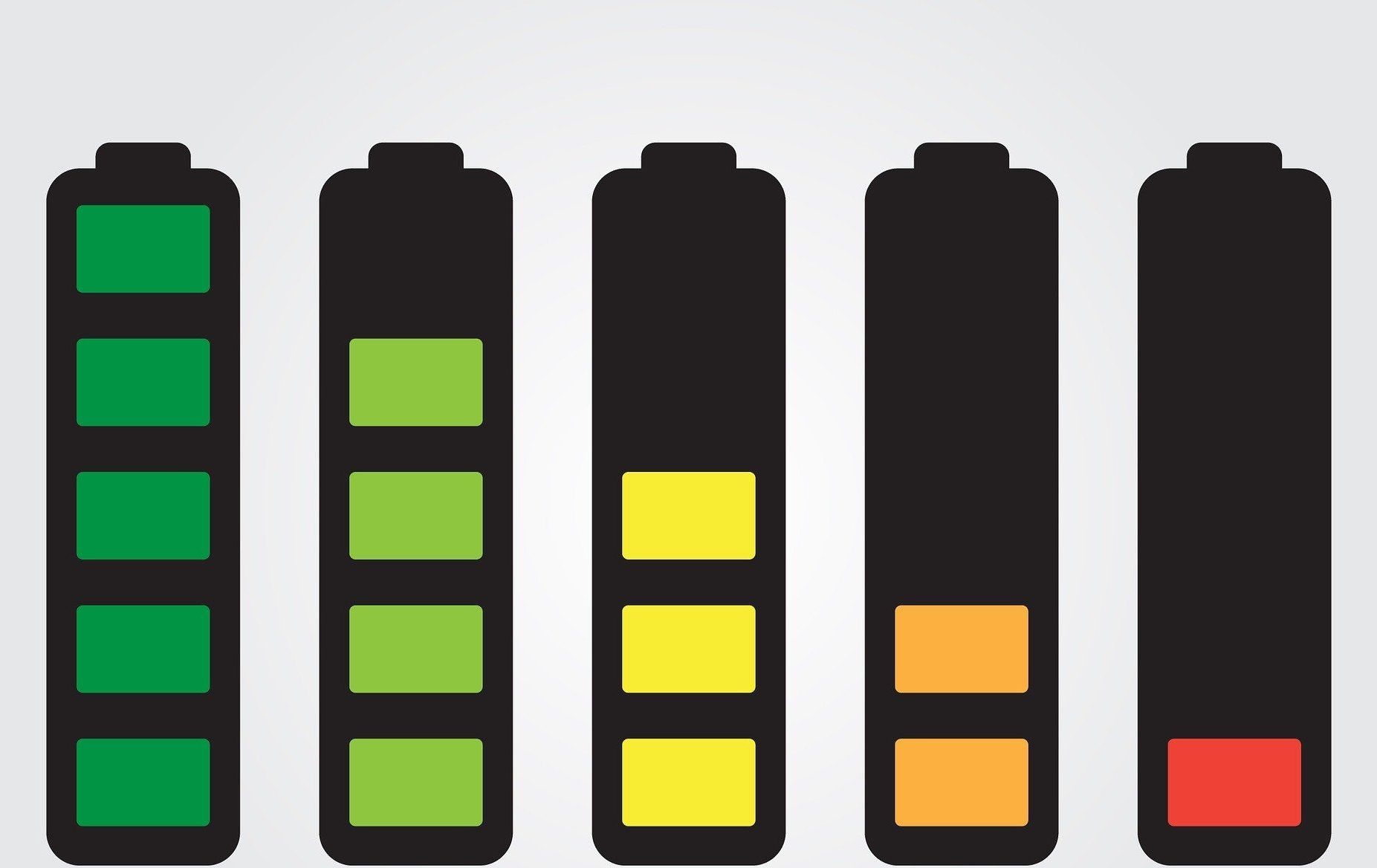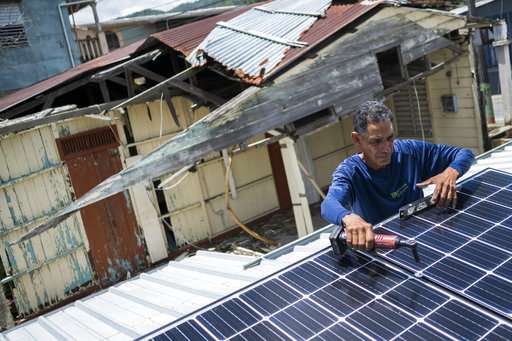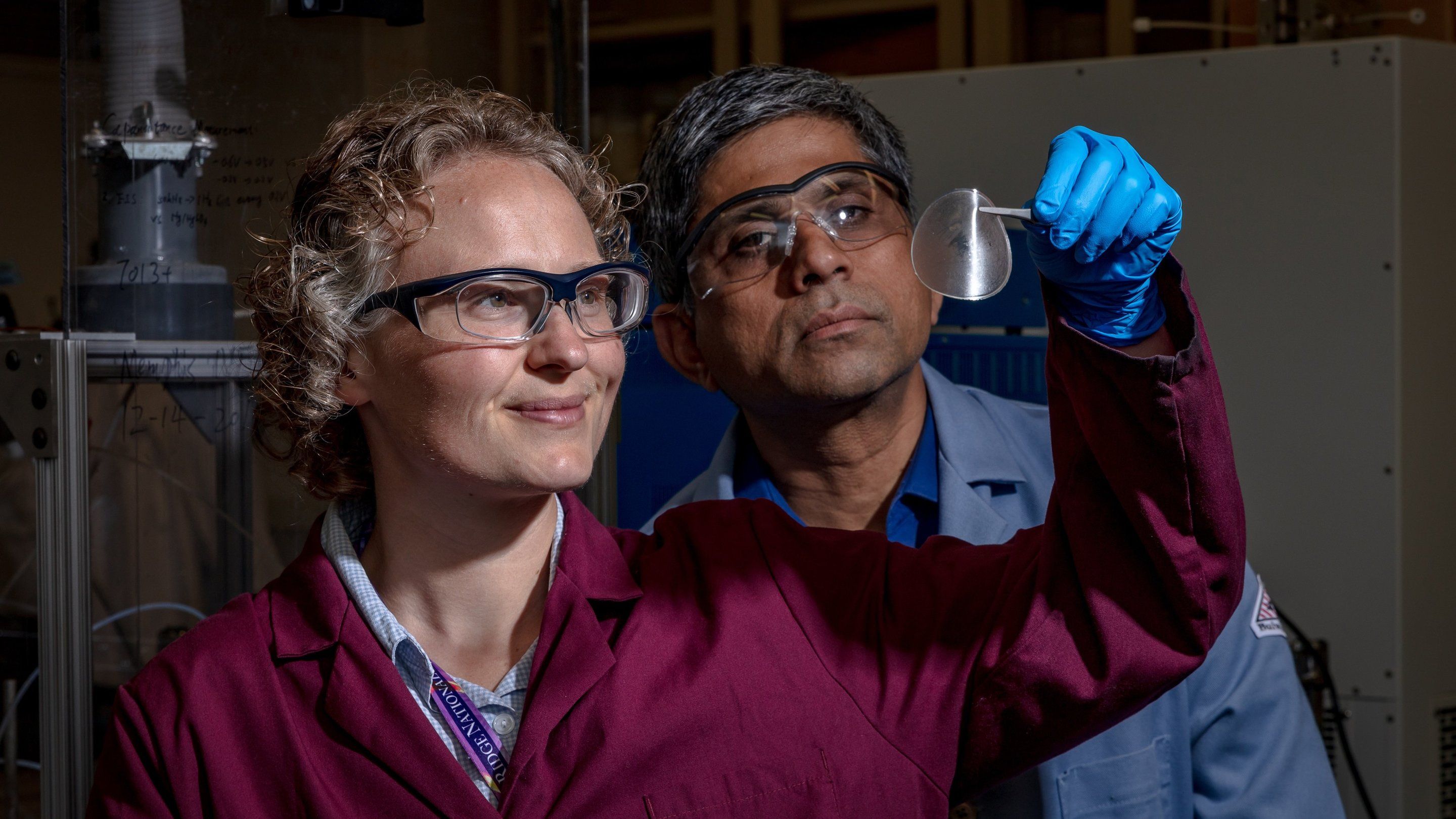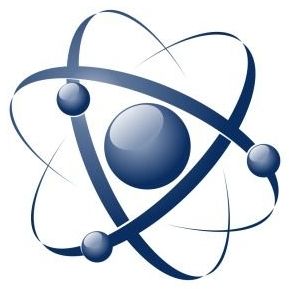Researchers have identified a group of materials that could be used to make even higher power batteries. The researchers, from the University of Cambridge, used materials with a complex crystalline structure and found that lithium ions move through them at rates that far exceed those of typical electrode materials, which equates to a much faster-charging battery.
Although these materials, known as niobium tungsten oxides, do not result in higher energy densities when used under typical cycling rates, they come into their own for fast charging applications. Additionally, their physical structure and chemical behaviour give researchers a valuable insight into how a safe, super-fast charging battery could be constructed, and suggest that the solution to next-generation batteries may come from unconventional materials. The results are reported in the journal Nature.
Many of the technologies we use every day have been getting smaller, faster and cheaper each year—with the notable exception of batteries. Apart from the possibility of a smartphone which could be fully charged in minutes, the challenges associated with making a better battery are holding back the widespread adoption of two major clean technologies: electric cars and grid-scale storage for solar power.







